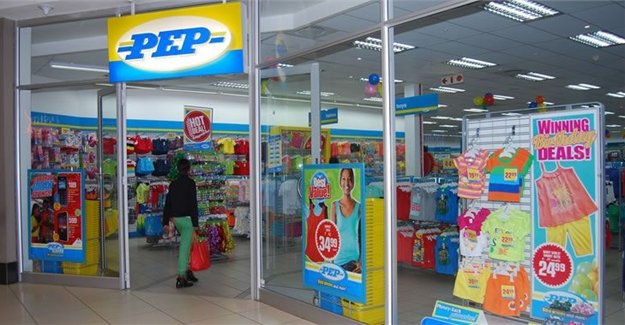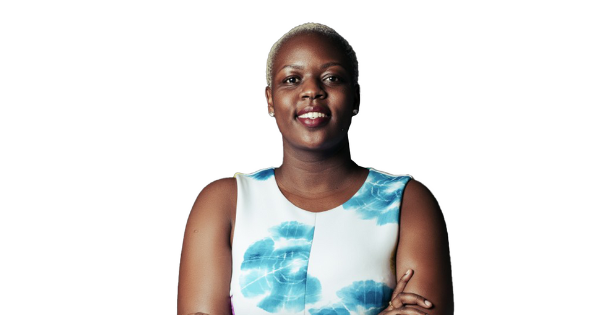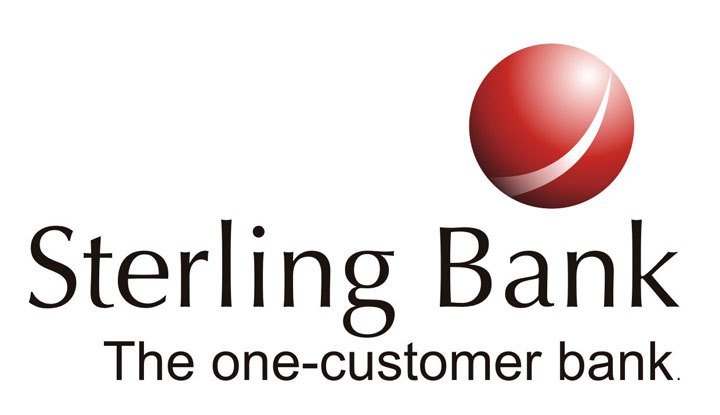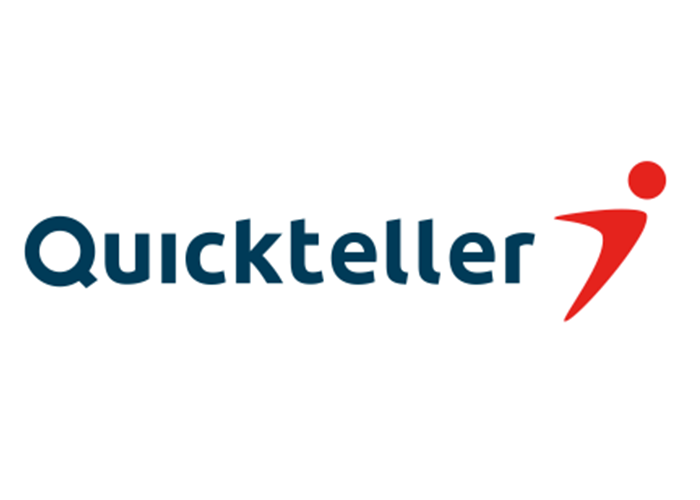In a recent research conducted by Consulta, the latest South African Customer Satisfaction Index (SA-csi), looking at South Africa’s fashion retail sector, Pep Stores and Truworths score the highest in terms of customer satisfaction. The index ranks the country’s largest clothing retailers based on scientific insights into the overall level of satisfaction of customers.
The SA-csi is a causal model that links customer expectations, perceived quality and perceived value to customer satisfaction (the SA-csi score), which in turn is linked to customer complaints and recovery and customer loyalty intentions. The 2018 sample for the SA-csi for Clothing Stores included 2,208 customers who were randomly selected to participate in the independent survey.
Pep Stores leads the clothing store rankings with 79.8 on overall customer satisfaction score, followed closely by Truworths (79.5) and Ackermans (79.2). Woolworths (78.9) and Jet (77.5) follow on industry par (77.9), while Mr Price (76) and Edgars (74.7) are missing the mark when it comes to keeping customers satisfied and loyal to their brands.
While all clothing stores are meeting customer expectations, there is little differentiation and none are raising the bar on superior customer experiences. As consumers increasingly look for value, quality and ease of shopping as economic conditions bite, even seemingly luxury brands riding on a ‘quality’ ticket are finding that customers increasingly question the link between perceived quality and perceived value, and whether the pay-off justifies it.
“Dreary results have been coming through from South Africa’s major listed clothing stores as local market conditions, increasing competition from international brands and rapidly changing consumer preferences culminate to bite into their bottom line. Edgars has been through the mill in recent months in terms of its dire financial position, while Woolworths has taken a number of big reputational hits in the court of public opinion with regard to alleged copyright infringements with small businesses.
In a further comments by the SA-csi Founder and Chairperson, Professor Adré Schreuder, he explains: “It is likely that these highly publicised events also played a role in how consumers relate to the brands and there is much work needed to restore the trust deficit.
“While the retail industry is highly competitive and increasingly international, we’re simply not seeing the much-needed ‘real innovation’ for these brands to compete and differentiate against globalisation and changing consumer habits and preferences. There is clearly a dearth of innovation within the industry and very little is being done to address and create superior customer experiences. There is a level of ‘sameness’ across stores, layouts, experiences, service, offerings and locations.
“Fashion retail has been slow and disjointed in creating true multichannel, surround-sound customer experiences. Much of what is touted as being ‘innovation’ – developing products or processes that are entirely new – is in fact simply ‘iteration’ – the repetition of a process with small incremental changes, along a known path. Innovation and iteration are patently not the same thing, and the industry is desperately in need of the former,” says Schreuder.
Key take-outs
Customer expectations and perceived quality
- Although Truworths and Woolworths did not meet customer expectations, they performed above industry on customer expectations, with scores which have also increased in 2018 compared with previous years.
- Woolworths has a negative – albeit negligible – gap between customer expectations (84.4) and perceived quality (84.3); the risk exists that customers experience a mismatch between their expectations and quality received.
- While customer expectations for Ackermans and Pep are both on par, both brands have significantly higher perceived quality scores which means that they are exceeding customer expectations by a healthy margin.
- Edgars and Mr Price are performing below par on perceived quality.
- Net Promoter Score measures the likelihood of a person recommending a brand. Ackermans and Pep outperform the industry par (35.6%) with NPS scores of 47.1% and 46.2% respectively.
- Edgars scored the lowest on NPS with 17% of customers likely to recommend the brand. Edgars also has the highest percentage of brand detractors at 26%.
- Woolworths shows a massive -16.9% decline in NPS score compared with the 2015, dropping from 54% in 2015 to 37.1%.














